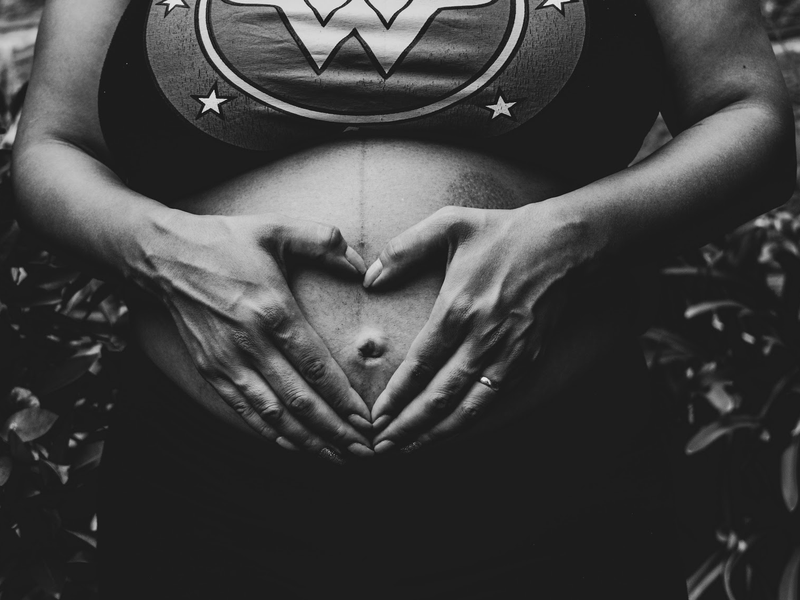The maternal mortality rate for Black women has increased over the years with a spotlight on the lack of medical support given to them by medical professionals. According to the Centers for Disease Control and Prevention, Black women are three times more likely to die than White women in birth-related deaths. High-profile deaths like that of the late Kira Johnson and the delayed response medical professionals gave superstar athlete Serena Williams have pushed the injustices to the forefront.
In August 2018, Vice-President Elect Kamala Harris and 13 Democrats introduced the Maternal Care Access and Reducing Emergencies (CARE) Act, which tackles racial disparities in maternal health by making major investments. While legislation takes time, doulas may just be the key to solving this sad crisis.
According to DONA International, the world’s first, largest doula certifying organization, the word ‘doula’ comes from the ancient Greek meaning ‘a woman who serves’. A doula is a trained and experienced professional who is there to care for the mother in labor, providing continuous physical and emotional support before, during, and after birth.
Doulas have the experience and knowledge to give suggestions for positions that are more comfortable and give hands-on comfort during labor. Many skilled doulas have been able to assist a malpositioned baby to find its way and have a safe delivery. A 2013 study showed that mothers with doulas were two times less likely to have a birth complication, four times less likely to have a baby with low birth weight, and also more likely to start breastfeeding.
Making doulas accessible may help improve black maternal health because a doula is an advocate for the mother, to help her have a successful, safe, and positive birth. A 2018 study shows that Black women are at higher risk of severe morbidity and mortality following a postpartum hemorrhage than any other race. Doulas could be the voice for Black women who aren’t believed to be in real pain and can get medical attention before a hemorrhage turns fatal.
Professor Katy Backes Kozhimannil at the University of Minnesota School of Public Health told CBS News that doula support has provided shorter labors, fewer unnecessary cesarean births, fewer preterm births, fewer epidurals, reduced racial disparities in breastfeeding initiation, and higher maternal confidence and satisfaction. “Doulas are necessary because people don’t listen to Black and Indigenous women, and we know that’s what causes their deaths,” Kozhimannil said.
The mental health of Black mothers is something that is often overlooked yet postpartum depression and trauma are linked to maternal mortality. A 2011 study published in Psychiatric Services, conducted by Professor Kozhimannil, concluded that Black women were less likely than white women to pursue treatment for postpartum depression. Those who did ask for help were less likely to receive follow-up care. Postpartum doula care is there to support families in their new roles and according to DONA International has helped to reduce postpartum mood disorders.
The Black maternal mortality crisis demands an urgent response. Having a strong birth support team that is invested in positive outcomes is imperative. Although doulas may not fix the systemic bias and racial inequality in the medical system, they are a source of thoughtful, comprehensive care for mothers. Doulas are supporting the government and medical practices to reduce this crisis, and thus saving Black lives.
Source

Boitumelo Masihleho is a South African digital content creator. She graduated with a Bachlor of Arts from Rhodes University in Journalism and Media Studies and Politics and International Studies.
She’s an experienced multimedia journalist who is committed to writing balanced, informative and interesting stories on a number of topics. Boitumelo has her own YouTube channel where she shares her love for affordable beauty and lifestyle content.





